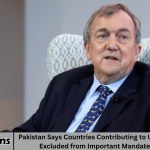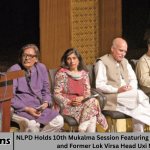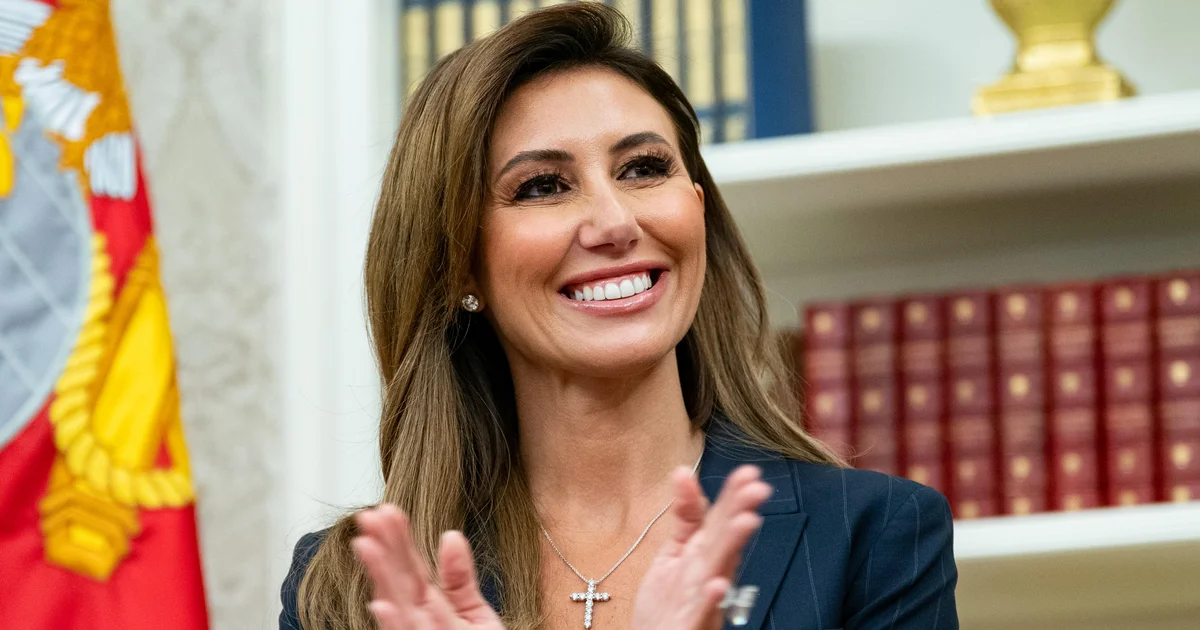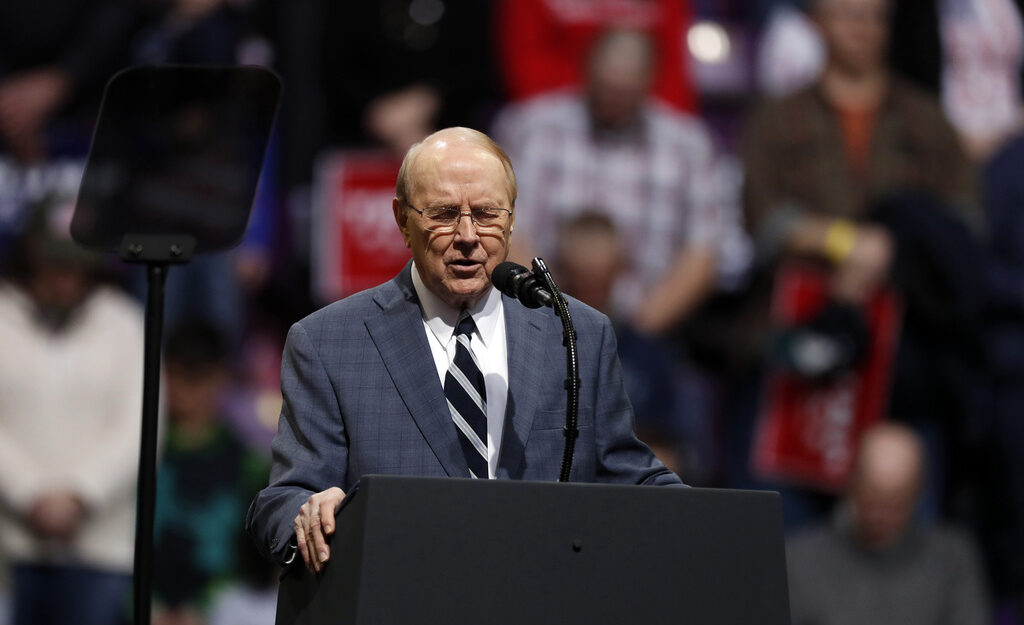Late-night television has long been a platform where comedy and politics collide, and few hosts embody that intersection as consistently as Jimmy Kimmel. Known for his sharp wit, emotional candor, and willingness to take on political figures, Kimmel has once again found himself at the center of controversy. This time, the backlash stemmed from his comments about conservative activist Charlie Kirk, remarks that ultimately led to Kimmel being pulled off the air. The unfolding story raises pressing questions about freedom of speech, political polarization, media responsibility, and the growing tension between entertainment and politics in America.
- The Incident That Sparked the Controversy
- Jimmy Kimmel’s History of Political Commentary
- Charlie Kirk: A Controversial Figure in American Politics
- Public Reaction and Political Divide
- ABC’s Decision to Pull Kimmel Off the Air
- The Larger Debate: Free Speech vs. Accountability
- Impact on Kimmel’s Career and Legacy
- What This Means for Late-Night Television
- The Broader Cultural Reflection
- FAQs
- Conclusion
Jimmy Kimmel Pulled Off Air After Remarks About Charlie Kirk is not just a headline about a celebrity clash—it is a lens into the current cultural moment. It touches on how society reacts to political violence, how influential figures use their platforms, and how networks balance commercial interests with public reaction. In examining this controversy, it becomes clear that what happened to Kimmel is bigger than just one late-night show; it speaks to the state of American discourse itself.
The Incident That Sparked the Controversy
The chain of events began when Kimmel addressed the tragic killing of Charlie Kirk during one of his monologues. His words were laced with his signature mix of sarcasm and criticism, targeting both the shooter and the political spin surrounding the incident. He accused supporters of Donald Trump’s “MAGA” movement of trying to distance themselves from the act while simultaneously exploiting the tragedy for political advantage.
Kimmel’s exact phrasing drew attention for its biting tone. He mocked the lowering of flags in Kirk’s honor and ridiculed former President Donald Trump’s response to the shooting. Comparing Trump’s grief to “a four-year-old mourning a goldfish,” Kimmel triggered outrage among conservative commentators, social media users, and political figures. Within hours, clips of his remarks circulated widely across platforms such as X (formerly Twitter), Instagram, and TikTok, sparking debates on whether Kimmel had crossed a line.
The intensity of the backlash eventually prompted ABC to take the unusual step of pulling Kimmel off the air temporarily, a move that surprised both fans and critics alike.
Jimmy Kimmel’s History of Political Commentary
To understand why these remarks struck such a chord, it’s essential to consider Kimmel’s long history of mixing comedy with politics. Unlike some late-night hosts who keep their shows lighthearted, Kimmel has never shied away from addressing polarizing issues.
From healthcare reform to gun violence, Kimmel has spoken candidly on topics often avoided in mainstream entertainment. His emotional monologue about his infant son’s heart condition in 2017 became a viral moment that influenced national conversations on healthcare. Over time, this approach has earned him both praise for his authenticity and criticism for blurring the lines between comedy and activism.
His consistent criticism of Donald Trump throughout the former president’s tenure solidified his image as one of the most outspoken liberal voices in late-night television. Therefore, his remarks about Charlie Kirk were not out of character, but they arrived in a heightened political climate, amplifying their impact.
Charlie Kirk: A Controversial Figure in American Politics
Charlie Kirk, the founder of Turning Point USA, has been a lightning rod in American political life. Known for mobilizing young conservatives, Kirk has built a powerful platform that shapes Republican discourse. He has frequently defended Trump’s policies and criticized liberal figures in media and politics.
Because of Kirk’s prominent role, his death shook conservative circles deeply. Tributes poured in from Republican lawmakers, right-leaning media outlets, and grassroots supporters. For many, Kirk’s death symbolized not just the loss of a political strategist but also an attack on their movement.
This context heightened the sensitivity of Kimmel’s remarks. For conservatives, mocking the tributes and grief surrounding Kirk was not just offensive—it felt like an attack on their identity and values.
Public Reaction and Political Divide
The controversy surrounding Kimmel illustrates the deep political divide in America. On one hand, his critics accused him of insensitivity, disrespect, and exploiting tragedy for humor. On the other hand, his supporters defended his right to free speech and argued that his satirical commentary was consistent with late-night comedy traditions.
According to a Pew Research Center survey, nearly 60 percent of Americans believe that comedians play an important role in discussing political issues. Yet the same research shows that public opinion is sharply divided along partisan lines. Liberal audiences tend to view comedians as truth-tellers exposing hypocrisy, while conservatives often see them as biased voices reinforcing stereotypes.
Kimmel’s case became another example of how entertainment can fuel political battles. Hashtags calling for his cancellation trended online, while counter-hashtags supporting him emphasized protecting satire and comedy.
ABC’s Decision to Pull Kimmel Off the Air
Television networks operate at the intersection of creative expression and commercial realities. In Kimmel’s case, ABC faced immense pressure from multiple sides. Advertisers, political groups, and media watchdogs weighed in, forcing executives to consider the risks of keeping him on air.
The network’s decision to temporarily pull him was framed as a cooling-off period rather than a permanent suspension. Still, the move sent shockwaves through the entertainment industry. It underscored how sensitive media companies are to public outrage in the digital age, where viral clips can instantly damage reputations and brand relationships.
Industry insiders suggested that ABC was particularly concerned about alienating conservative audiences and advertisers in a competitive media landscape. By sidelining Kimmel, even temporarily, the network aimed to diffuse tension while assessing long-term damage.
The Larger Debate: Free Speech vs. Accountability
At the heart of this controversy lies a fundamental question: where should society draw the line between free expression and accountability?
Supporters of Kimmel argue that satire and political commentary are protected forms of speech, and that late-night comedians have long been cultural critics who hold leaders accountable through humor. They point out that figures like Jon Stewart, Stephen Colbert, and even earlier icons such as George Carlin set precedents for blending comedy with political critique.
Opponents counter that mocking a tragic death and grieving families goes beyond satire and veers into cruelty. They argue that public figures like Kimmel must exercise responsibility, especially given their large platforms.
This debate mirrors broader cultural conversations about cancel culture, accountability, and the role of media in shaping national dialogue.
Impact on Kimmel’s Career and Legacy
While it remains uncertain how long Kimmel will be off air, the incident is likely to leave a lasting mark on his career. For some, it reinforces his reputation as a fearless commentator who doesn’t back down from controversy. For others, it damages his credibility by painting him as insensitive and politically biased.
Kimmel’s future may depend on how he responds. A thoughtful statement or return monologue could either repair his public image or further inflame tensions. Networks and audiences will be watching closely, as his handling of this moment could shape not only his career trajectory but also the broader standards for political humor in mainstream media.
What This Means for Late-Night Television
The Kimmel controversy is not an isolated case. In recent years, late-night television has increasingly blurred the line between comedy and political commentary. Hosts like Colbert, Trevor Noah, and John Oliver have built reputations on tackling serious issues through humor, while others like Jimmy Fallon have faced criticism for avoiding political material.
Kimmel’s situation highlights the risks of this shift. While politically charged comedy attracts passionate audiences, it also opens hosts to intense backlash. Networks must weigh the benefits of bold content against the costs of controversy. As streaming platforms continue to challenge traditional television, late-night shows may feel even greater pressure to court attention with provocative material.
The Broader Cultural Reflection
Ultimately, the story of Jimmy Kimmel being pulled off air after remarks about Charlie Kirk is a reflection of the cultural moment America finds itself in. It reveals how fragile the balance between humor, politics, and respect has become. It underscores the power of viral outrage in shaping corporate decisions. And it highlights the challenges of maintaining meaningful discourse in an era where every word can be amplified, dissected, and weaponized.
FAQs
Why was Jimmy Kimmel pulled off the air?
Jimmy Kimmel was pulled off the air after making controversial remarks about conservative activist Charlie Kirk during his monologue. His comments sparked backlash for being insensitive and mocking, leading ABC to take action.
What exactly did Jimmy Kimmel say about Charlie Kirk?
Kimmel criticized the political response to Kirk’s death, mocked the lowering of flags in his honor, and ridiculed Donald Trump’s reaction. His sharp comments were seen by many as disrespectful during a time of mourning.
How did the public react to Kimmel’s comments?
The public reaction was deeply divided. Conservatives condemned Kimmel for insensitivity, while his supporters defended his right to satire and free expression. Social media campaigns both calling for his cancellation and supporting him trended widely.
Is Jimmy Kimmel permanently suspended?
As of now, Kimmel has not been permanently suspended. ABC’s move to pull him off the air was described as a temporary measure to manage the backlash and assess the situation.
What does this controversy mean for late-night comedy?
The incident underscores the risks late-night hosts face when blending comedy with politics. It shows how quickly backlash can escalate and force networks to take action, influencing how comedians approach political commentary in the future.
Conclusion
The controversy surrounding Jimmy Kimmel being pulled off air after remarks about Charlie Kirk is more than just a headline—it is a snapshot of a society wrestling with political polarization, the role of satire, and the limits of free expression. Kimmel’s words struck a nerve in a divided America, sparking debates about accountability, respect, and the power of comedy. Whether one views him as a fearless truth-teller or an insensitive provocateur, his case highlights the increasingly high stakes of speaking out in the public arena. As the nation continues to grapple with these tensions, the future of late-night television—and the boundaries of political humor—hangs in the balance.











